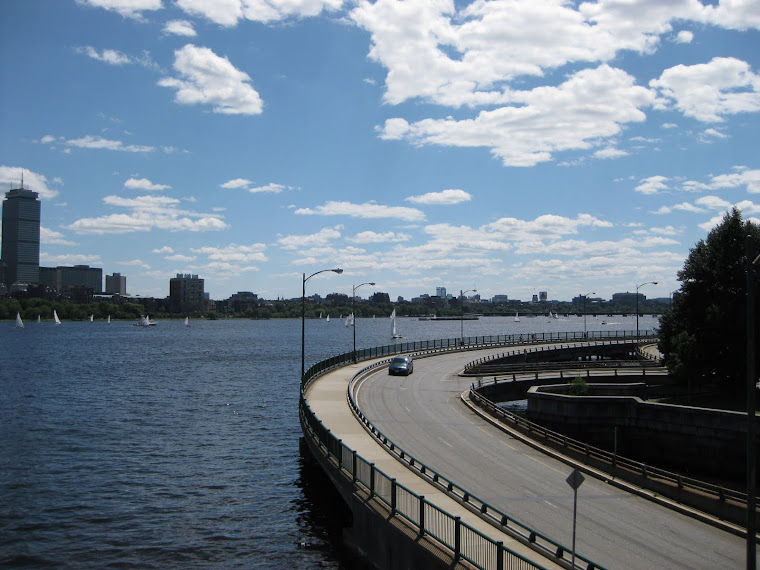Fanny Howe
Harvard University
April 5, 2010
In her introduction, Katie Peterson described Fanny Howe as a “poet of fear” and I think I know what she means. Howe’s work explores the trembling at boundaries, the spaces of in between that are rich with untapped being, and this is fearful business, spiritual business, the business of how to redeem a broken life.
For me, she is primarily a poet for whom compassion is a form of seeing and beholding a kind of rescue of the visible world and what goes on there; not just the wavelength of the beautiful but the difficult looking that requires recognition and reclamation. That takes place within what she calls “the glow of loneliness and humiliation.”
Howe’s reading consisted of a triptych, each long poem read in conjunction with still photos or imagery. The first set revolved around a series of time-lapse photographs taken by a friend of hers of a doorway to an abode home in a Mayan village. As children and chicken mysteriously appear and disappear out of its dark aperture, the poems act of attention makes palpable the ethical demands of discernment. The second series was more trance like: a series of poems read against footage taken from an apartment window looking over Memorial Drive at dusk. The twilight traffic ebbed and flowed, the shadow line of the river just visible, and the world hanging motionless. “Outremer” was the final piece. A poem on St. Francis and his struggles and what it means to live spiritually, it was read by the poet over haunting and evocative charcoal drawing animation done by her son, Maceo Senna. Slender images slowly emerged till a whole vivid landscape appeared: two men, a tree, the ground. Then all erased. “The supernatural is all the more wonderful for being natural.”
*
Norma Cole
MIT
April 8, 2010
Norma Cole’s work is continually alert to the tiniest nuances and to the possibility for the vastness of each one’s signification. Listening to her read, you get the sense that consciousness produces itself via lyric montage. Not just a random sequence of compelling images or phrases, but actual turns of thought, a deep thinking into language as event and the world as it seen and felt and registered continually. Objects are not merely named, but multiply-mediated. What calls our attention is seeing and seeing into and through language.
As in the series she wrote in collaboration with Ben Watkins, where she eschews the traditional format of ekphrasis and instead takes each of his photos as an invitation to respond, to make the poem not a comment on the photo, but an event enmeshed with its event, neither reductive nor overpowering, but alive to complexity.
*
Rosmarie and Keith Waldrop
Blacksmith House
May 3, 2010
Rosmarie and Keith Waldrop read at Blacksmith House last week, to a small, but deeply appreciative, crowd, which included the affable XJ Kennedy and his wife, Dorothy, Jericho Brown, Michael Franco, Jane Unrue, and Teresa Villa-Ignacio.
Rosmarie read first, staring with “Facts” from 1987’s The Reproduction of Profiles. I think of this as classic Rosmarie: the poem as a wry, playful, and even tender vehicle for dialectical disquisition that both honors and parodies the tradition of Continental philosophy.
Next she read from new work, entitled “Time Ravel,” a delicate and haunting meditation on memory and explorers. This poem, with its subtle sense of echo, traced a periplum of shifting contours that made, as it went, the map of an entire site.
Keith read, then, choosing poems entirely from Transcendental Studies. He began with “An Apparatus,” a poem of disjunctive apprehensions in which language names textuality itself as the site for Orphic testimony. This poem, like so many in Studies, generated a kind of quantum field of collage dynamics. The tone offers a reassurance – it has a steady pace to it – yet at every turn it contests content, insisting on form’s priority to organize linguistic experience.
He closed with “Stone Angel,” which is a masterpiece, if that word still carries any weight. Without ever sounding lofty, the poem manages to be both magnificent in its elegiac rhetoric and utterly hypnotic. Though at times it reminded me of Rilke, I can think of no poem closer to it than Valery’s “Graveyard by the Sea.” Far more personal than that, it nevertheless maintains, as does Valery, the fragile link between mortal regret and longing and the evanescence of the natural world as it shimmers through its durable forms.

No comments:
Post a Comment
Note: Only a member of this blog may post a comment.